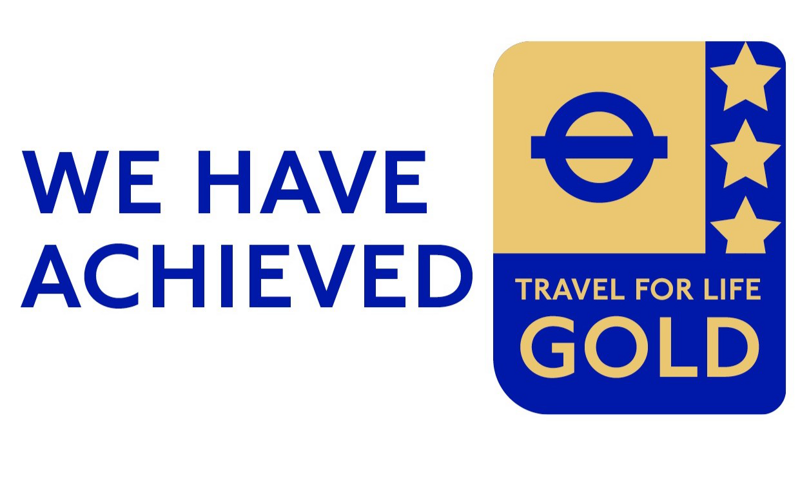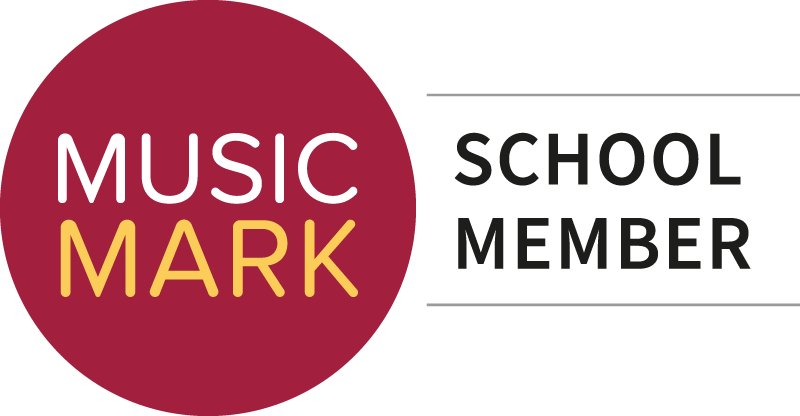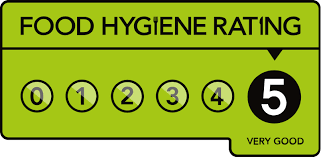Science
At Belmore, our Science curriculum is designed to spark curiosity and wonder about the world around us, fostering a deep understanding of the natural world and the fundamental principles that govern it. We aim to provide students with opportunities to explore, experiment, and investigate scientific concepts through hands-on learning, promoting a lifelong love of discovery and a desire to ask questions.
Our intent is to develop students’ scientific knowledge and understanding across key areas such as biology, chemistry, physics, and earth sciences. By engaging in practical investigations and developing their observational, analytical, and problem-solving skills, we want children to become confident scientists who are able to think critically, reason logically, and make informed decisions based on evidence.
We also place a strong emphasis on encouraging students to explore the relationships between science and the world they live in, helping them to understand the relevance of science in everyday life and global challenges. Through science, we aim to foster creativity, curiosity, and an appreciation for the environment, as well as an understanding of sustainability and the role science plays in shaping a better future.
By the end of their primary school journey, our goal is for every child to have a well-rounded scientific understanding, equipped with the curiosity and confidence to continue exploring the wonders of science throughout their lives.
Some Helpful Website pages:





